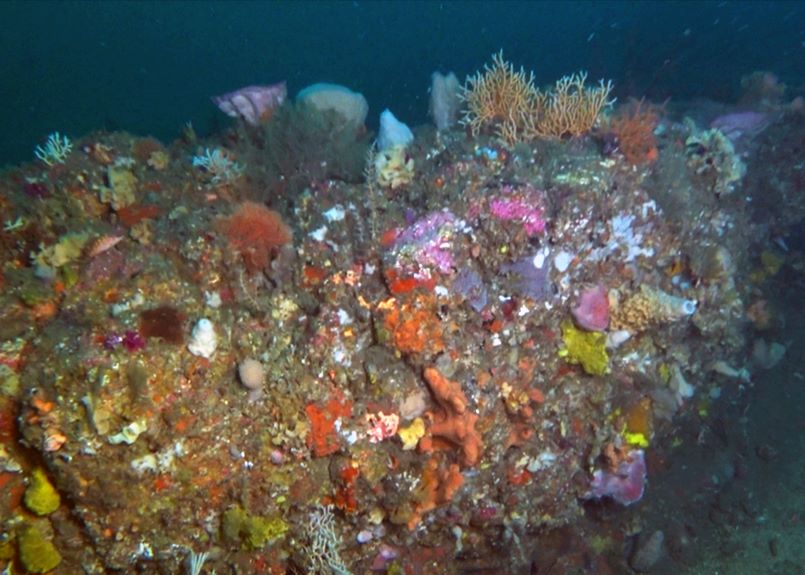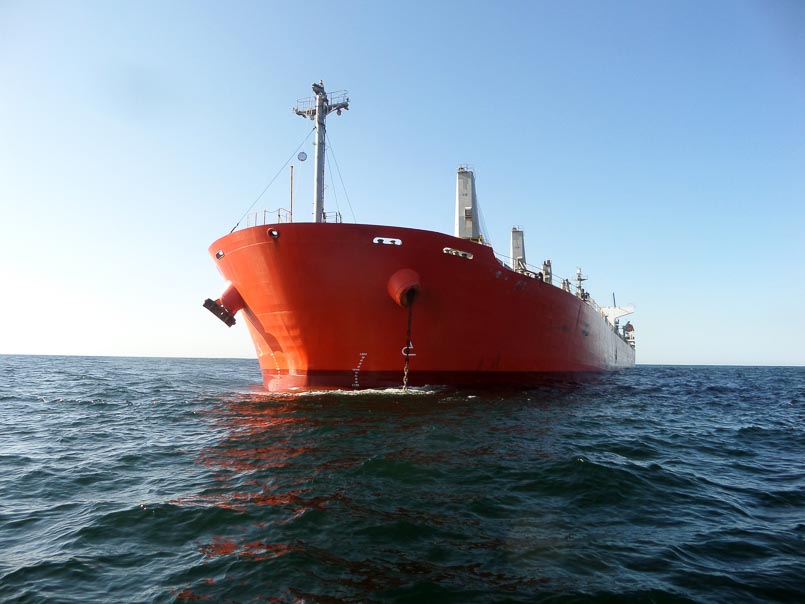Review of offshore anchoring
 A workshop has helped fill gaps in knowledge about the effects on seafloor habitats of large ships anchoring off the Wollongong coast.
A workshop has helped fill gaps in knowledge about the effects on seafloor habitats of large ships anchoring off the Wollongong coast.
Overview
Why is this project important?
NSW’s major ports are important trade gateways to the world.
Before entering these ports, many large commercial ships anchor in deep water offshore. We don’t know how large ships anchoring on NSW’s seabed habitats affect these habitats or the fish they support.
This project is studying the impacts of anchoring activity of large ships.
What we learn will help guide the actions we take to minimise any negative impacts.
What are we doing?
We are leading a world-first study on the impacts of large ship anchoring that can sometimes impact rocky reef habitats in temperate regions (that is, between the tropics and the poles).
The study uses a remotely operated vehicle to observe the effect anchoring has on the animals (such as sponges, sea squirts and fishes) that live on or near deep reef habitats.
We are working with stakeholders and project partners to find ways to minimise the impacts of large ships anchoring on seabed habitats along NSW’s metropolitan coastline.
What have we achieved so far?
Our research has shown that large ships anchoring offshore of Port Kembla reduce reef biodiversity.
We have run workshops with industry leaders, academics and government agencies. The aim of the workshops is to develop better ways to protect marine biodiversity based on our research.
In partnership with the Port Authority of NSW, we have developed designated anchorages offshore of Port Kembla Harbour. The designated anchorages:
- don’t allow anchoring on relatively pristine reefs
- limit anchoring other reefs to allow them time to recover.
Lead agency
Department of Primary Industries and Regional Development Fisheries
Partners
To complete this project, we are working with:
- Port Authority of NSW
- NSW Department of Climate Change, Energy, the Environment and Water (NSW DCCEEW)
- University of Wollongong.
More information
Our Initiatives
Contact details
Project updates
Workshop anchors on safe ground
26 August 2021

